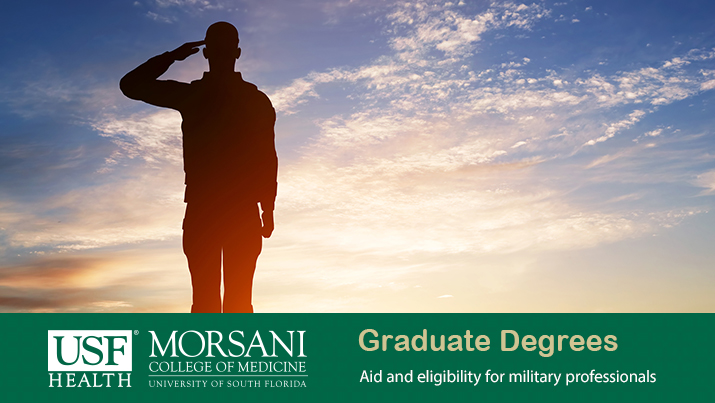Army officers with a desire to move their careers forward by obtaining advanced degrees that will serve them both in and out of the military may be eligible for tuition support and special relocation privileges through a number of programs designed to bolster officer expertise. There are both fully funded and partially funded programs that can put officers on the path to earning advanced credentials.
Advanced Civil Schooling (Fully Funded)
This program is designed to help Regular Army officers earn fully funded graduate degrees in a timely and cost effective manner. The program provides officers in a Regular Army or Voluntary Indefinite Status to earn degrees that have been deemed important to their basic branch, functional area or specialty.
Officers selected for this program enjoy full Army-paid tuition at a civilian university. The Army also pays up to $600 per fiscal year in books and supplies, while also paying to relocate the officer and family to the college or university of study. Schooling should not exceed 18 months. During this time, officers receive full pay and allowances.
Eligibility Requirements
Fully funded Advanced Civil Schooling programs are competitive with no more than 412 students accepted each year. To qualify, officers must meet requirements such as:
- Appropriate status, Regular Army or Voluntary Indefinite
- No more than a total of 17 years active service upon entry (waivers can be requested)
- An undergraduate degree in the appropriate discipline with a minimum 2.5 GPA (waivers are available)
- Minimum GRE scores of 500 (waivers are available), or minimum GMAT of 500, based on degree
- Acceptance into a graduate program with no more than 6 credit hours of prerequisites needed
- Demonstrated potential for continued service in the military
- Secret clearance, if applicable
- Full qualifications at current grade
Partially Funded Programs
The Army also provides partial funding for educational pursuits that are deemed important by the branch. These programs have officers paying for tuition, fees and textbooks, but the Army will relocate participants and their families for schooling that is 20 weeks or more, while enabling them to use their in-service veteran benefits (if they apply) to defray costs. Officers also receive full pay and allowances during schooling. There are two main options:
- Degree Completion Program – This provides up to 18 months of full-time civilian education to complete undergraduate or graduate degree requirements. Commissioned officers who are seeking advanced degrees must study a field that supports their branch or functional field.
- Cooperative Degree Programs – These programs enable students in military schools, such as Command and General Staff College, to take part in courses offered by cooperating civilian institutions.
A Hot Prospect
Army officers interested in pursuing an advanced degree that will serve them well in the military – while also paving the way for transition back into the civilian world – might want to consider health informatics. This growing field calls on professionals to provide technological solutions for better tracking and managing of patient care, while while also encompassing the implementation of Electronic Health Records to improve patient outcomes.
The hybrid field of eHealth calls for both medical and technological knowledge. Clinical informatics has already been identified as a field of importance by the Army. It is a top priority for the chief medical information officer of MEDCOM, the U.S. Army unit that provides command and control over the Army’s medical and dental facilities. MEDCOM has established a plan to develop, train and retain a clinical informatics workforce.
Army officers with a desire to pave the way for career advancements both during their time in service and upon return to civilian life will find the branch has provided a number of open doors.



